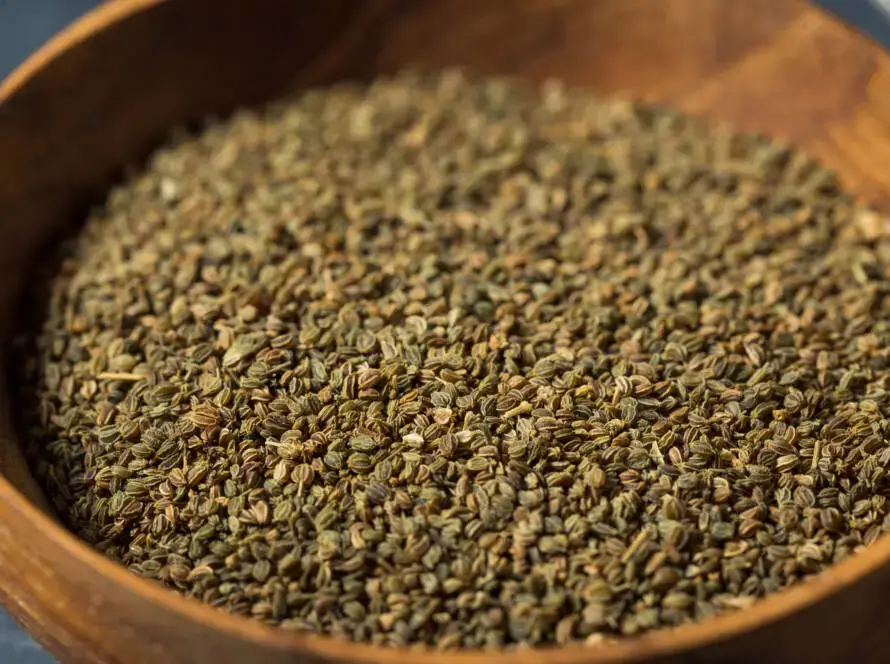Herbs Used in Traditional Chinese Medicine
Here are some of the key herbs commonly employed in TCM:
- American Ginseng (Panax quinquefolius): Known for its adaptogenic properties, American ginseng helps boost energy levels, improve immunity, and alleviate stress. It is often used to enhance overall wellness and support mental clarity.
- Korean Ginseng (Panax ginseng): Similar to American ginseng, Korean ginseng is famed for its ability to enhance male vitality and combat fatigue. It is commonly prescribed to improve physical performance and bolster the immune system.
- Ashwagandha (Withania somnifera): Although primarily an Ayurvedic herb, ashwagandha is also utilized in TCM. It is renowned for its calming effects and is often used to reduce stress and anxiety while promoting restful sleep.
- Bitter Melon (Momordica charantia): This unique fruit is valued in TCM for its potential to help regulate blood sugar levels, making it a popular choice for those managing diabetes.
- Skullcap (Scutellaria baicalensis): Often used for its anti-inflammatory and calming properties, skullcap can help reduce anxiety and improve sleep quality.
- Dong Quai (Angelica sinensis): Frequently referred to as “female ginseng,” Dong Quai is widely used in TCM to support women’s health, particularly for menstrual and hormonal issues.
- Ephedra (Ephedra sinica): Historically used for respiratory issues, ephedra can promote airflow in the lungs and alleviate symptoms of asthma and bronchitis. However, it should be used cautiously due to potential side effects.
- Fo Ti (He Shou Wu): Believed to have rejuvenating properties, Fo Ti is often used to combat aging, enhance vitality, and improve hair health.
- Garlic (Allium sativum): Known for its immune-boosting and antimicrobial properties, garlic is commonly used in TCM to support cardiovascular health and improve metabolism.
- Ginger (Zingiber officinale): Revered for its digestive aids, ginger can alleviate nausea, promote digestion, and provide anti-inflammatory benefits.
- Ginkgo Biloba: Often lauded for its cognitive benefits, Ginkgo is believed to enhance memory and improve blood circulation, particularly in the brain.
- Green Tea (Camellia sinensis): Rich in antioxidants, green tea is commonly consumed in TCM for its potential to boost metabolism and promote overall health.
- Licorice (Glycyrrhiza glabra): Frequently used to harmonize the effects of other herbs, licorice also has anti-inflammatory and soothing properties.
- Ligustrum (Ligustrum lucidum): This herb is often used to support liver health and improve immunity.
- Maitake: Mushrooms are prized in TCM for their immune-enhancing properties. They are often included in formulations aimed at preventing illness and promoting longevity.
- Reishi: Mushrooms are prized in TCM for their immune-enhancing properties. They are often included in formulations aimed at preventing illness and promoting longevity.
- Shiitake Mushrooms: Not only a culinary delight, shiitake mushrooms are also valued for their potential health benefits, including boosting the immune system and lowering cholesterol levels.
Conclusion
Traditional Chinese Medicine offers a unique, holistic perspective on health and wellness, emphasizing balance and treating the individual as a whole. By utilizing a diverse range of herbs and modalities, TCM aims to promote overall well-being and prevent illness rather than merely addressing symptoms. Its principles and practices have found their way into modern healthcare systems, offering complementary options for individuals seeking alternative or integrative treatments. As more people explore the benefits of TCM, the enduring relevance of these herbal remedies continues to be recognized in our quest for holistic health.
Resources
- Drugs.com
- Wikipedia.com
This summary highlights the key aspects including the traditional uses, potential benefits, and safety considerations.
Disclaimer
The information about Traditional Chinese Medicine (TCM) is for educational purposes only and is not intended to serve as medical advice. It is essential to consult with a qualified healthcare professional before starting any new treatment or therapy, especially if you have existing health conditions or are taking medications. TCM practices may not suit everyone, and individual results may vary. Always seek the guidance of a licensed practitioner for personalized recommendations and treatment plans.


